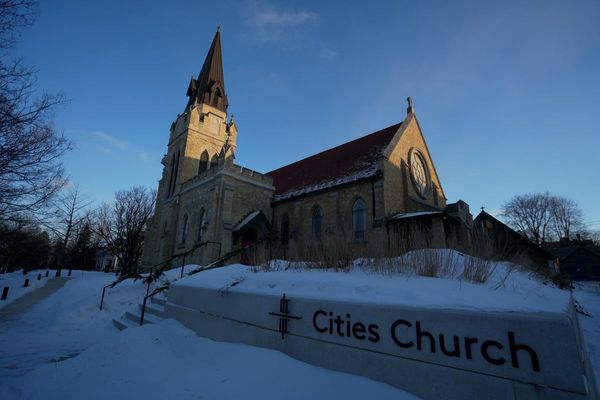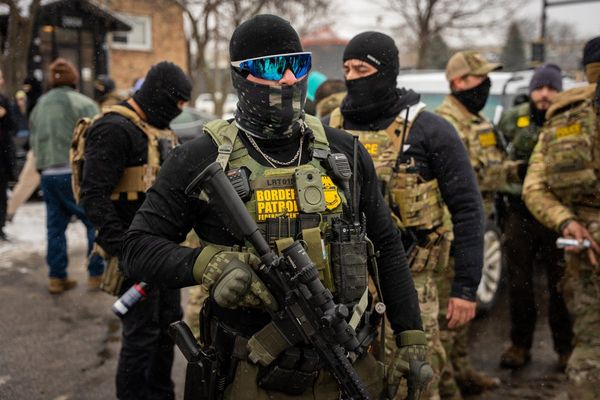
Since the horrific Hamas attacks on October 7, Israeli society has been unified in helping those directly affected by the tragedy — survivors of the attacks, loved ones of people murdered and kidnapped, displaced residents, and first responders who witnessed gruesome scenes while evacuating and treating the dead and wounded.
Journalists were also exposed to the brutal imagery at the sites most ravaged by the onslaught. “A lot of journalists were let in by the military into [Kibbutz] Be’eri and Kfar Aza before they became closed military zones, and they likely saw the remains that took forever to clear out,” said Chief Executive Officer of the Jerusalem Press Club (JPC) Talia Dekel-Fleissig.
The JPC is a private club that offers foreign journalists everything they need — from access to briefings and press tours to bulletproof vests and other logistical support.
Dekel-Fleissig says the JPC understood very early on that the developing situation was not just another cross-border fighting round. “Over 2,000 foreign journalists were flown into Israel in the first weeks of the war, on top of 300 who were already stationed here,” explains Dekel-Fleissig.
The JPC decided to offer them as much help as possible, providing the needed aid to all foreign journalists who asked for it, temporarily scrapping the membership system.
The press club also for the first time teamed up with a seasoned Jerusalem-based psychologist, Renee Garfinkel, to offer group therapy sessions to international journalists covering the war.
The sessions
“What was done to the victims, both soldiers and civilians, was so horrific that the journalists felt they needed to see and hear for themselves the testimonies and places where the atrocities occurred,” says Dekel-Fleissig.
That kind of imagery, however, can take a psychological toll, especially on reporters who never covered wars before.
“We sent out a survey asking whether the journalists were interested in receiving help, and they were. We concluded it would make sense to do it as group sessions over Zoom.”
Dekel-Fleissig says her six-strong team also takes part in the sessions because they authenticate and share a lot of the gruesome content from the war with the foreign journalists.
“We get 10 or so people on the line per call,” she says, adding that at the moment sessions take place once every three weeks due to the time constraints of the journalists.
“In most of the sessions people are very cooperative, although we had one or two people who were quiet, but it’s been interesting to hear the different issues that are bothering them,” she says.
“It often depends on where they’re from and how long they’ve been in Israel.”

Why only foreign press?
While Israeli journalists are provided emotional support via the Union of Journalists, some foreign reporters have no one to turn to. “Most of the Israeli journalists are Jewish and have family here, and they are directly affected by the war. So, the journalist union’s model is a little bit different from ours.”
Foreign journalists in Israel tend to struggle with issues that may seem mundane, like finding a fixer, or a place to sleep after reporting all day from the field.
Dekel-Fleissig notes that only press from established international outlets, like CNN or BBC, actually have offices in Israel. These reporters have access to proper accommodations and someone to turn to for help.
But the majority of the foreign journalists work for much smaller outlets that don’t have a presence or infrastructure in the country. They often find themselves alone.
“I don’t think they are couch surfing, but it’s harder for them. I can say that a lot of reporters that covered the war in Ukraine have a better understanding of what they need,” she says.
Dekel-Fleissig has noted that many journalists from countries, such as India, that in the past rarely reported from Israel and came to cover the war, are having the hardest logistical difficulties.
“A lot of the time they are starting from scratch. Sometimes we get calls asking us ‘How do I get to Gaza?’” she laughs.
Produced in association with ISRAEL21c







